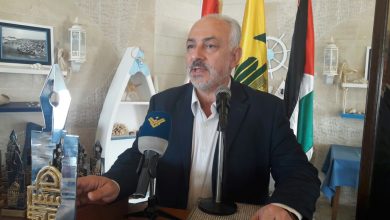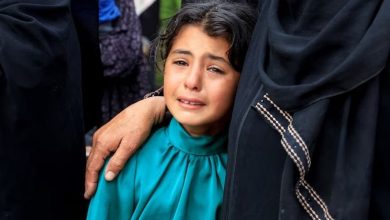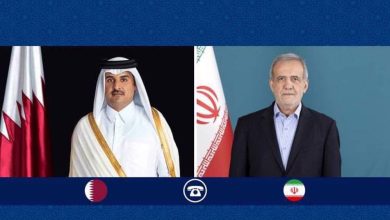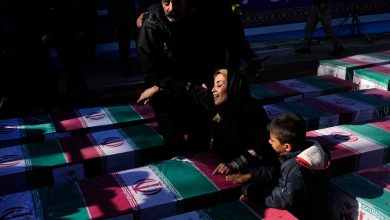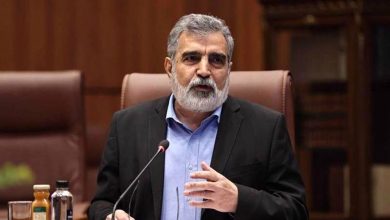Iran FM: Quds Day a significant occasion to express opposition to injustice
Iran's Foreign Ministry has characterized International Quds Day as a pivotal occasion to demonstrate opposition to what it deems the most significant injustice of the 20th century. The event serves as a platform to express solidarity with those affected by the perceived acts of arrogance, racial supremacy, oppression, and territorial expansion attributed to the Israeli government.
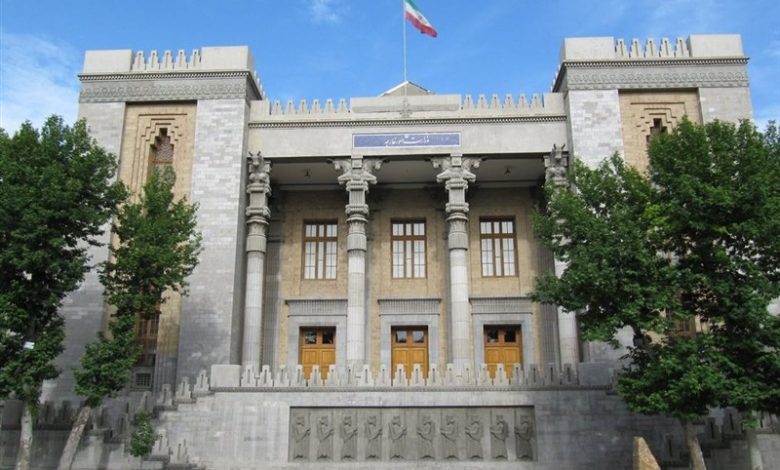
The Ministry of Foreign Affairs of the Islamic Republic of Iran has issued a formal statement in recognition of International Quds Day.
In the Name of God, the Most Gracious, the Most Merciful
The late founder of the Islamic Republic of Iran, Imam Khomeini, designated the final Friday of Ramadan as “International Quds Day.” This observance aims to prevent the normalization of the occupation of Palestine, which he attributed to a colonial conspiracy resulting in the establishment of a contentious entity in the Islamic world. Presently, the actions of the Israeli regime, the plight of the Palestinian people, and the legitimacy of the resistance movement advocating for Palestinian self-determination are increasingly recognized by the international community.
Eighty years have passed since the onset of the Palestinian occupation, marking a prolonged period during which Palestinians have been denied fundamental human rights, including their intrinsic right to self-determination. Over these decades, efforts to negate the existence of a Palestinian state have continued, marked by severe acts of violence and accusations of genocide. The Israeli government’s policies have been described as systematic attempts to quash Palestinian resistance through measures involving violence, torture, and degradation. Additionally, there is a perceived effort to normalize these actions in order to garner regional and global acceptance of an envisioned future without a Palestinian state.
In the last two years, following the outbreak of conflict known as Operation Al-Aqsa Storm, tensions have significantly escalated between the Zionist regime and the Palestinian nation. The ongoing conflict, fueled by a complex web of historical grievances and geopolitical interests, has seen intensified military actions. Backed by comprehensive political, military, and financial support from the United States, Israeli operations have been characterized by severe measures aimed at diminishing Palestinian resistance. Reports indicate that over 50,000 Palestinians, predominantly women and children, have lost their lives amidst the violence, with the Gaza Strip largely reduced to rubble. The crisis has been further exacerbated by a dire humanitarian situation, marked by food and water shortages, as well as the extensive damage inflicted on healthcare facilities. Incidents in the West Bank involving mass detentions and killings have compounded the humanitarian crisis, provoking widespread international concern and condemnation over the apparent breach of international legal norms, including those on human rights and humanitarian law. The international community, particularly nations like the United States, the United Kingdom, and Germany, which have rendered military, financial, or political support, face criticism for their roles. Observers and critics argue that these countries must assume responsibility and face scrutiny regarding their involvement and the broader implications of their foreign policies on the unfolding humanitarian
The Islamic Republic of Iran has reaffirmed its support for the Palestinian resistance against occupation, emphasizing the full legitimacy of their struggle until all human rights are achieved. This includes the right to self-determination and the establishment of an independent Palestinian state, with Al-Quds as its capital, encompassing all of historical Palestine. Iran calls on the international community to uphold obligations under international law, the UN Charter, international humanitarian law, the Genocide Convention, and other human rights treaties to bring an end to occupation, apartheid, and genocide.
The Islamic Republic of Iran has issued a stern rebuke against the United States, the United Kingdom, and several other European nations, criticizing their ongoing support for Israel. Tehran claims that such support perpetuates a state of impunity and enables continued violations of international law. In its statement, Iran emphasized the urgent responsibility of the global community, particularly Islamic nations, to express both verbal and practical support for the Palestinian populace. The republic is urging swift regional and international action to cease alleged Israeli crimes and aggression, end impunity, and bring to justice the political and military leaders of Israel. Furthermore, Iran calls for immediate humanitarian aid to be dispatched to Gaza’s residents and firmly opposes any initiatives that would result in the forced displacement of Palestinians from Gaza or the West Bank.
The Palestinian issue transcends a mere regional conflict, serving as a crucial benchmark for the global community’s dedication to justice, rule of law, and human rights. International Quds Day provides a unique platform for the Islamic world and advocates of freedom worldwide, irrespective of religious or ideological backgrounds, to voice their opposition to what is viewed as one of the most significant injustices of the 20th century. It also allows for the expression of solidarity with those perceived as oppressed by what critics describe as the Zionist regime’s perceived arrogance, supremacist tendencies, cruelty, and expansionist policies.
Over the course of 80 years, the Israeli state’s actions have been characterized by a series of allegations regarding terrorism, occupation, apartheid, and genocide against the Palestinian population. Additionally, the state has been accused of repeated military aggressions towards neighboring countries, as well as maintaining a continued military presence in substantial areas of Syria and Lebanon. These actions have fueled ongoing debates about the legitimacy and potential threats posed by the Israeli government’s alleged expansionist policies.
The presence of nuclear capabilities within the Zionist regime positions it as a significant and immediate concern for international peace and security. In this context, resistance emerges as a critical strategy to address the tensions and confront the assertive actions of the regime and its allies, extending beyond Palestine and Lebanon to encompass the broader region and the Islamic world.
The Ministry of Foreign Affairs of Iran has reiterated its steadfast support for the Palestinian cause, urging global participation in International Quds Day to show solidarity with the oppressed Palestinian population.



